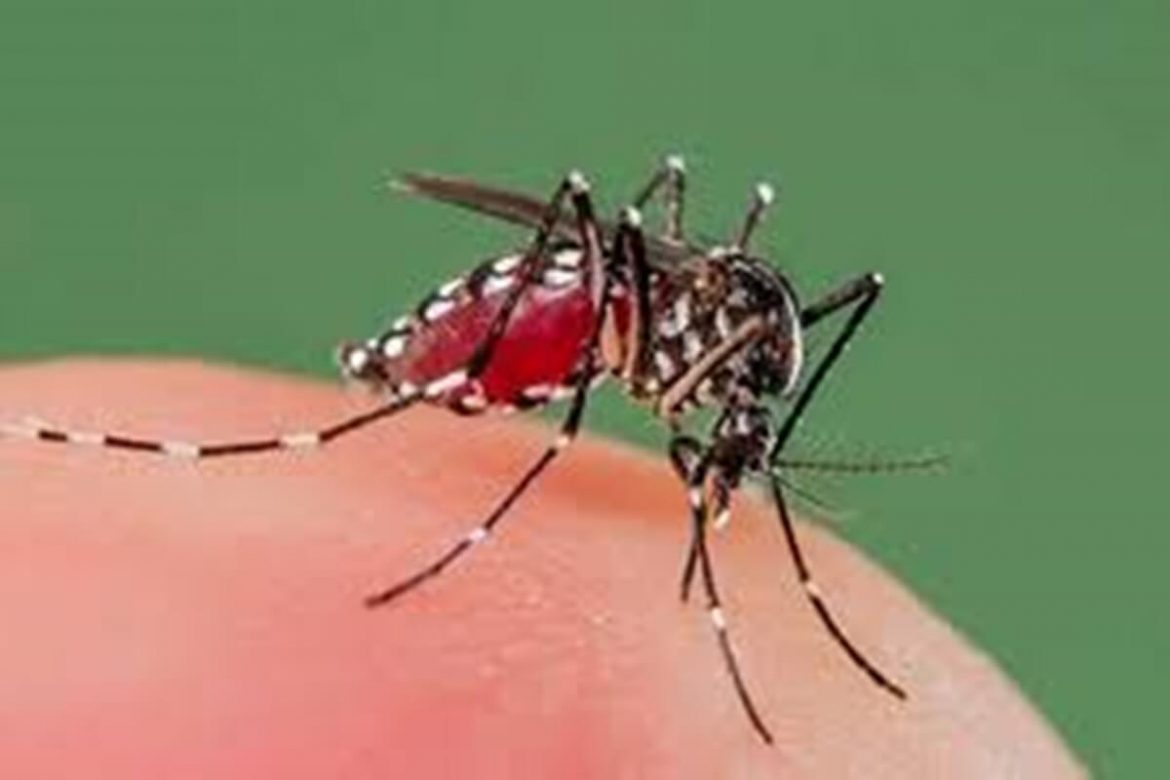Nagpur is witnessing a surge in mosquito breeding, with open government plots becoming major breeding grounds. Areas under Panjabrao Deshmukh Krishi Vidyapeeth (PDKV), Government Medical College and Hospital (GMCH), Nazul, and other government institutions have turned into hotspots for mosquito larvae, raising health concerns among residents.
According to the Nagpur Municipal Corporation (NMC) Health Department’s Malaria Cell, over 250 open government plots are contributing to mosquito proliferation. Stagnant water and unchecked vegetation in these plots create the perfect environment for mosquito breeding, increasing the risk of vector-borne diseases.
Dr. Deepak Selokar, Medical Officer, NMC, stated that efforts to control mosquito breeding have been intensified. “We have increased the number of fogging machines and enhanced individual-level fogging operations. Our teams respond swiftly to complaints, whether online or in person, ensuring immediate fogging in affected areas,” he confirmed.
Currently, the city is experiencing a rise in Culex mosquito breeding, which does not cause dengue or malaria. Meanwhile, the numbers of Aedes and Anopheles mosquitoes, responsible for spreading these diseases, have not increased. The health department continues to monitor the situation and implement containment measures.
Despite the growing concerns, NMC has yet to engage government authorities regarding mosquito breeding on their open plots. However, officials acknowledge the need for immediate action to prevent the problem from worsening.
The NMC Health Department’s Malaria Cell is actively conducting surveillance, fogging, and awareness campaigns, urging residents to report potential breeding sites. With the onset of summer, the need for stricter mosquito control efforts is more pressing than ever, requiring both government agencies and citizens to work together in tackling this public health issue.
👉 Click here to read the latest Gujarat news on TheLiveAhmedabad.com




